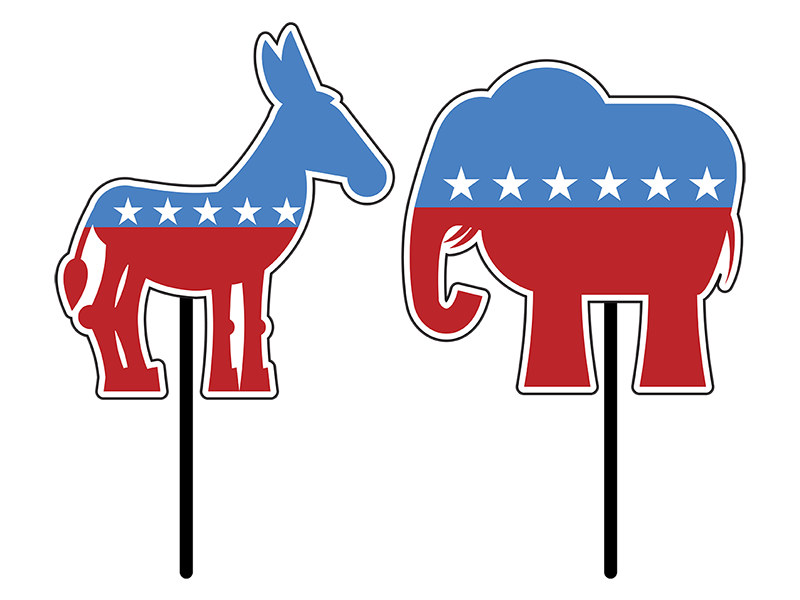Mayoral elections were held in 29 of the 100 largest U.S. cities in 2020. Seven party changes took place as a result of these elections. Five offices held by Republican incumbents and two offices held by Democratic incumbents changed partisan control:
- Scottsdale, Arizona: Independent David Ortega won the open seat. Incumbent Jim Lane (R) was term-limited.
- Irvine, California: Democrat Farrah Khan defeated incumbent Christina Shea (R).
- San Diego, California: Democrat Todd Gloria won the open seat. The incumbent, Kevin Faulconer (R), was term-limited.
- Stockton, California: Republican Kevin Lincoln II defeated incumbent Michael Tubbs (D).
- Honolulu, Hawaii: Independent Rick Blangiardi won the open seat. Democratic mayor Kirk Caldwell was term-limited.
- El Paso, Texas: Democrat Oscar Leeser defeated incumbent Donald Margo (R).
- Corpus Christi, Texas: Nonpartisan Paulette Guajardo defeated incumbent Joe McComb (R).
In 15 of the 29 cities that held elections in 2020, the incumbent was Republican at the start of 2020. Twelve incumbents were Democratic, one was independent, and one was nonpartisan. Due to the number of seats up for election held by each party, the Republican Party was in a greater position of relative risk than the Democratic Party, when considering the number of mayoral offices each party will hold once mayors elected in 2020 are sworn in. More than half of the cities with Republican mayors at the start of the year held elections in 2020.
Democratic mayors oversaw 64 of the 100 largest cities at the beginning of 2020, 61 at the start of 2019, 63 at the start of 2018, 64 at the beginning of 2017, and 67 at the start of 2016.
In most of the nation’s largest cities, mayoral elections are officially nonpartisan, though many officeholders and candidates are affiliated with political parties. Ballotpedia uses one or more of the following sources to identify each officeholder’s partisan affiliation: (1) direct communication from the officeholder, (2) current or previous candidacy for partisan office, or (3) identification of partisan affiliation by multiple media outlets.
Additional reading:


